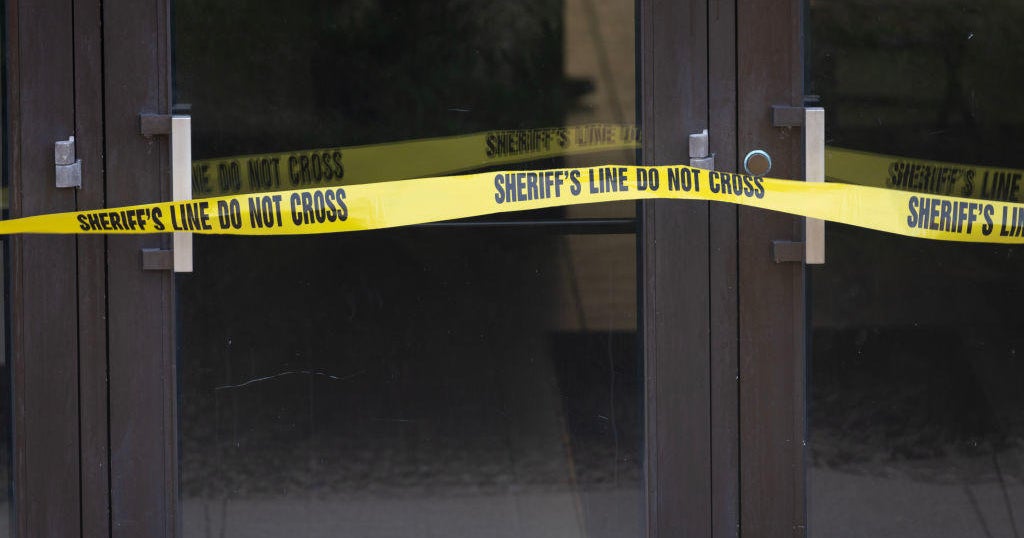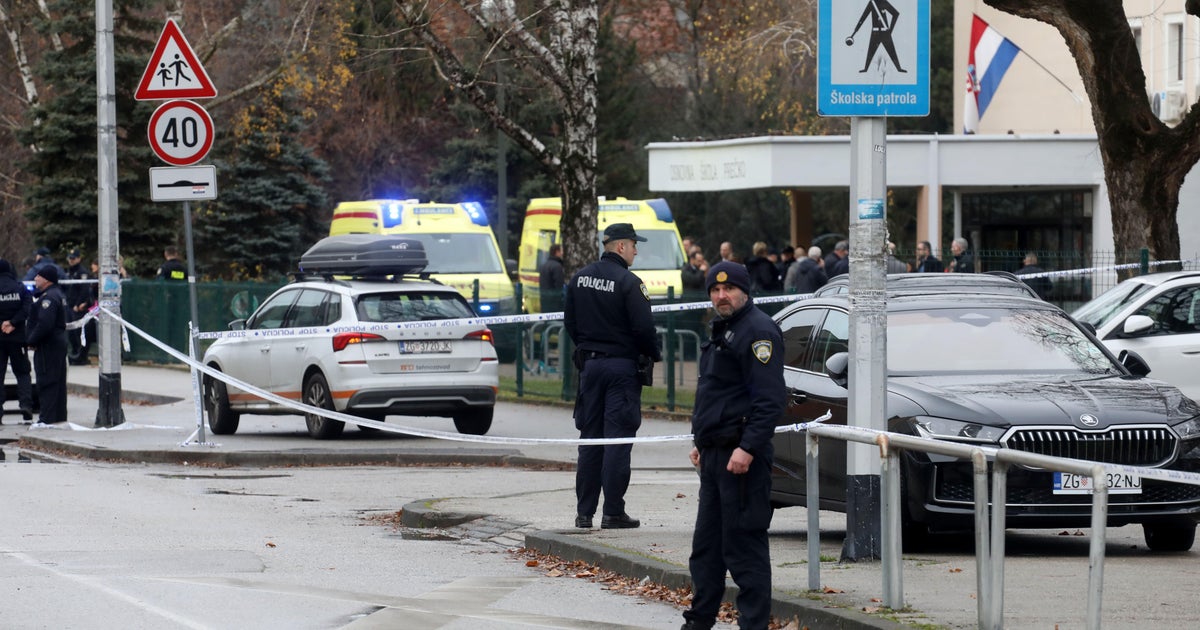FBI opens domestic terrorist investigation into Gilroy Garlic Festival shooting
Law enforcement officials said the FBI is opening a domestic terrorism investigation into the July 28 shooting at a garlic festival in Gilroy, California. The domestic terrorism investigation was opened after FBI officials uncovered digital evidence indicating the suspected shooter, Santino Legan, 19, was influenced by "violent ideologies" and acted upon them.
Investigators also uncovered a list of potential target locations the shooter intended to strike. FBI officials said they have not yet established a definitive motive for the attack on the food festival.
Three people were killed in the shooting, including a 6-year-old boy, a 13-year-old girl and a man in his 20s. Twelve others were wounded at the popular Gilroy Garlic Festival some 80 miles southeast of San Francisco. Gilroy Police Chief Scot Smithee confirmed on Tuesday that all three people killed in the shooting were killed by the suspect and not by friendly fire.
During a press conference on Tuesday, FBI special agent John Bennet said they found evidence the Gilroy shooter was influenced by "a fractured ideology."
"We have not made a final investigative conclusion into the motive of the shooter, however we have uncovered evidence throughout the course of our investigation that the shooter was exploring violent ideologies," Bennet said. "We have seen a fractured ideology. The shooter appeared to have an interest in varying competing violent ideologies as we continue to explore his digital media."
Bennet said more work in the investigation remains to be done, but he confirmed the suspect did have a target list that included "religious institutions, federal buildings, courthouses, political organizations from both major political parties, and the Gilroy Garlic Festival."
Bennet said that the discovery of the target list led the FBI to open "a full domestic terrorism investigation."
Following the deadly shooting in El Paso, Texas on Saturday that left 22 dead and two dozen people injured, U.S. Attorney John Bash said that shooting will be treated as a domestic terrorism case, as well.
Domestic terrorism is a specific crime that is different than capital murder. Mary McCord, a former Department of Justice official, spoke to CBSN on Monday and said U.S. laws currently fall short when it comes to dealing with domestic terrorism. McCord served as the department's acting assistant attorney general for national security from 2016 to 2017.
"There is not an offense in the U.S. code that applies to acts of terrorism on U.S. soil that are committed with firearms instead of weapons of mass destruction, unless they are committed in some limited circumstances such as on behalf or in furtherance goals of a foreign terrorist organization, like we've seen with all of the terrorists acts on behalf of ISIS, or Al Qaeda, or if they're directed toward a U.S. government official or U.S. government property," McCord explained.
McCord elaborated on what goes into determining whether violent acts committed in the U.S. are given the legal designation of terrorism. She said the label ultimately comes down to the intent and weapons used by the suspect — and because there isn't a specific domestic terrorism law on the books, some attacks won't qualify.
"First of all, murder is a different crime than domestic terrorism. Murder is an inherently local crime," McCord said. "Hate crimes might be very personal between a small group. Terrorism is done to intimidate or coerce the population or influence a policy of government through intimidation or coercion. So there are different federal interests at stake when it comes to terrorism. And a different reason to prosecute it as terrorism."
The FBI Agents Association on Tuesday called on Congress to take action to make domestic terrorism a federal crime.
"Domestic terrorism is a threat to the American people and our democracy. Acts of violence intended to intimidate civilian populations or to influence or affect government policy should be prosecuted as domestic terrorism regardless of the ideology behind them," Brian O'Hare, the president of the FBI Agents Association, said in a statement. Making domestic terrorism a federal crime "would ensure that FBI Agents and prosecutors have the best tools to fight domestic terrorism," he said.



